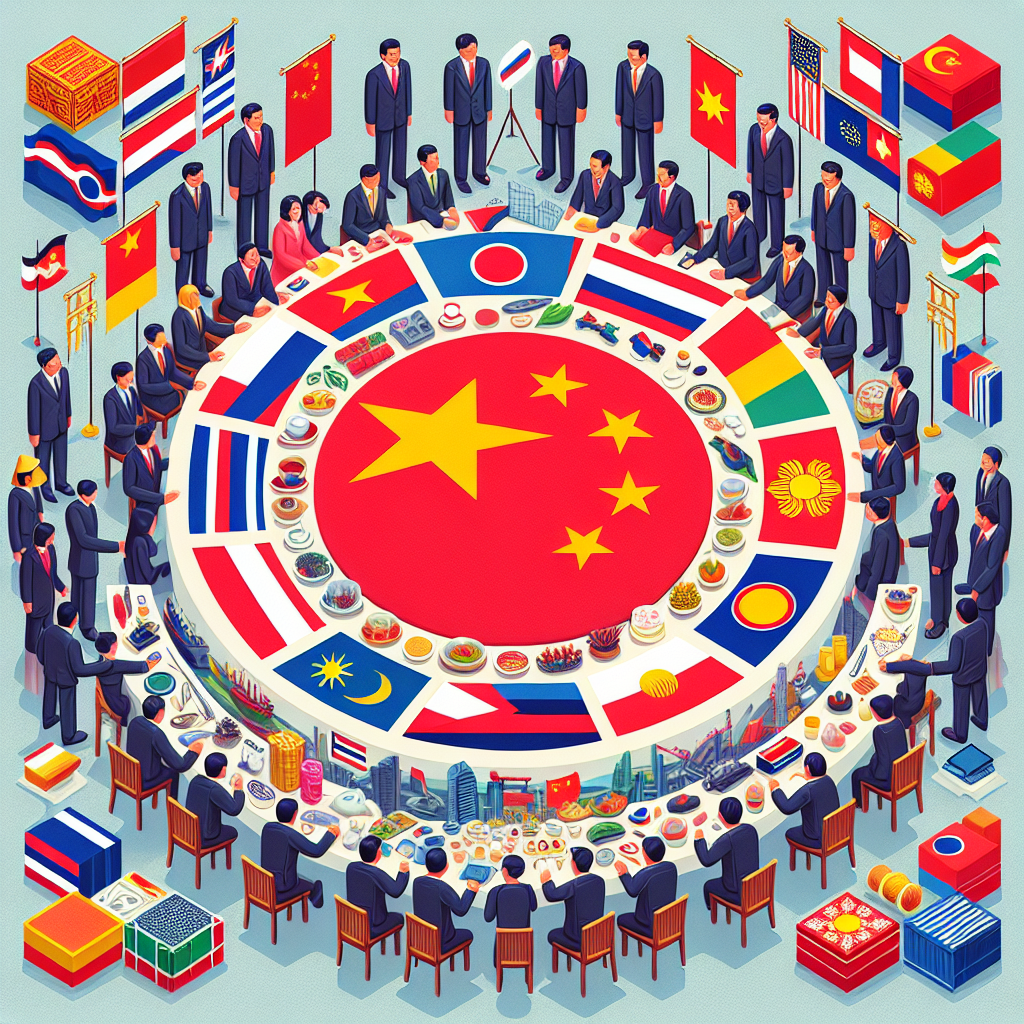China's Strategic Play in U.S. Agricultural Imports
China has resumed modest purchases of U.S. farm products following recent diplomatic engagements. Despite expectations of significant soybean purchases, U.S. shipments remain constrained by a 13% Chinese tariff, while cheaper Brazilian options are favored. The U.S. meanwhile clinched notable sales of wheat and sorghum to China.

In a recent development, China has made tentative strides in resuming purchases of U.S. agricultural products. This move follows a high-profile meeting between the leaders of both nations. However, traders are still eagerly anticipating significant soybean buys, as Beijing had previously promised to procure 12 million tons by the year's end.
Historically, China has been the largest market for U.S. farmers, transforming its vast agricultural demand into a strategic tool amidst ongoing trade tensions. While U.S. wheat and soybeans initially took a backseat, recent transactions suggest a strategic shift. Notably, Chinese buyers have secured two U.S. wheat consignments, the first such orders since last October, signaling a potential thaw in trade relations.
Amidst these sales, China stated it had paused retaliatory tariffs on American imports, including agricultural products, although U.S. soybeans still encounter a 13% duty. Despite this, a notable purchase included 120,000 metric tons for December shipment, comprising soft white and spring wheat. Nevertheless, Chinese buyers find cheaper Brazilian soybeans more economically viable, given the current U.S. tariffs.
ALSO READ
-
Breaking Barriers: China's Call for Global Green Trade Cooperation
-
China's Ambitious Carbon-Reduction Goals: Overpromised or Underdelivered?
-
Teeing Off Triumph: Highlights of the Aramco China Championship
-
China and UK: Navigating Diplomatic Challenges
-
Shao Jiayi Takes Helm as China's National Team Coach Amid Optimism









